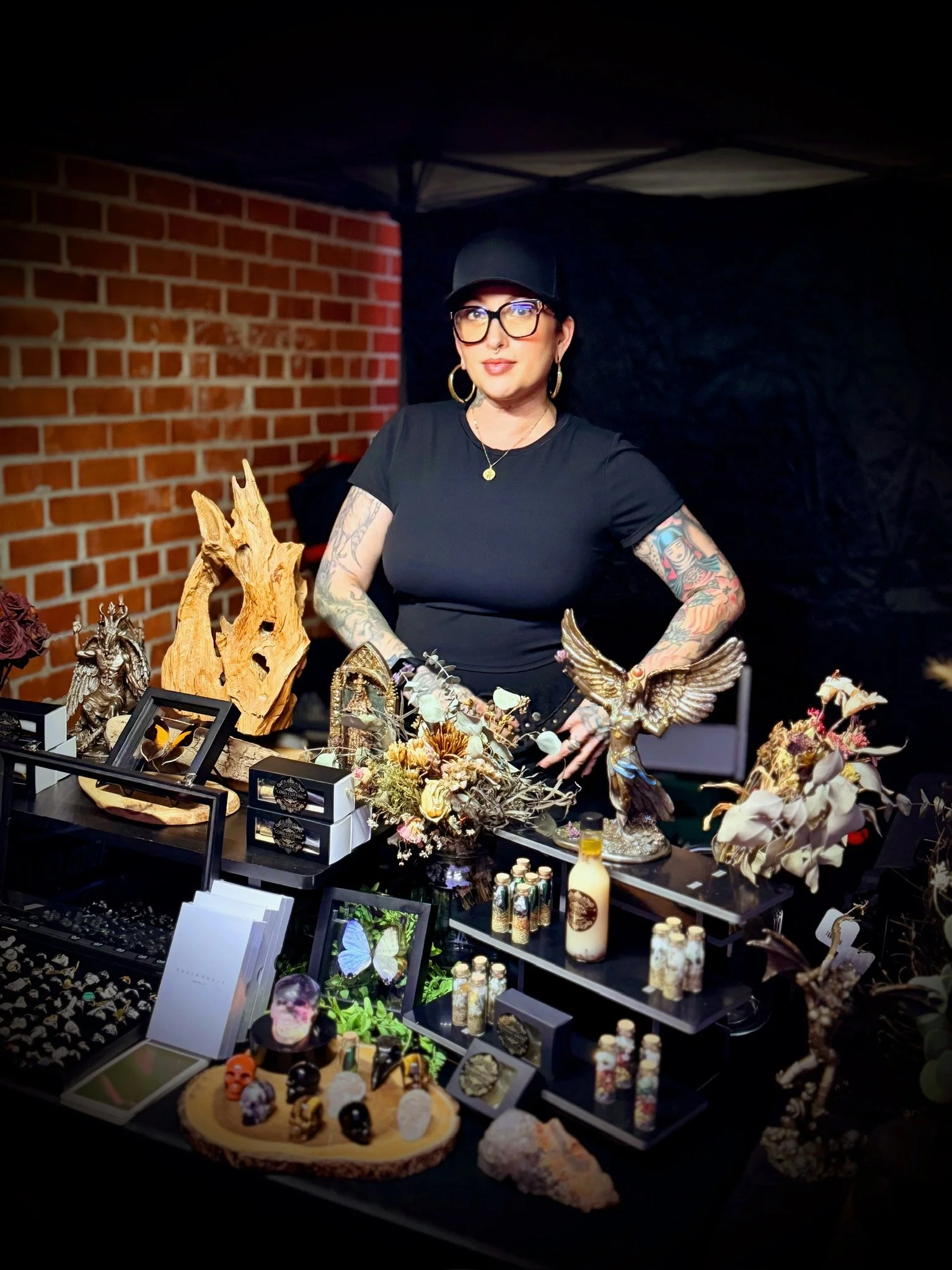
Event Calendar
2026 West End Events
-
(Bay Area Yarn Crawl)
-
A day of music dedicated to bringing to together family bands from various elementary and middle schools across Alameda.
Photos from Island Palooza 2025: https://photos.app.goo.gl/XNm3Bfv6x8qwLYzM6
-
June 6, 7, 13, 14, 20, 21. Details to come..

Feathered Outlaw Events
-
Feathered Outlaw 10-Year Anniversary | 5–9 PM
-
Spring Witch Gala | 5–9 PM
-
Queer Moon Edition | 5–9 PM
-
Sacred Summer | 5–9 PM
-
Golden Harvest Edition | 5–9 PM
-
WitchFest 2026: A Gathering of Witches | 2–7 PM
-
Yule Midwinter Market | 12–5 PM
